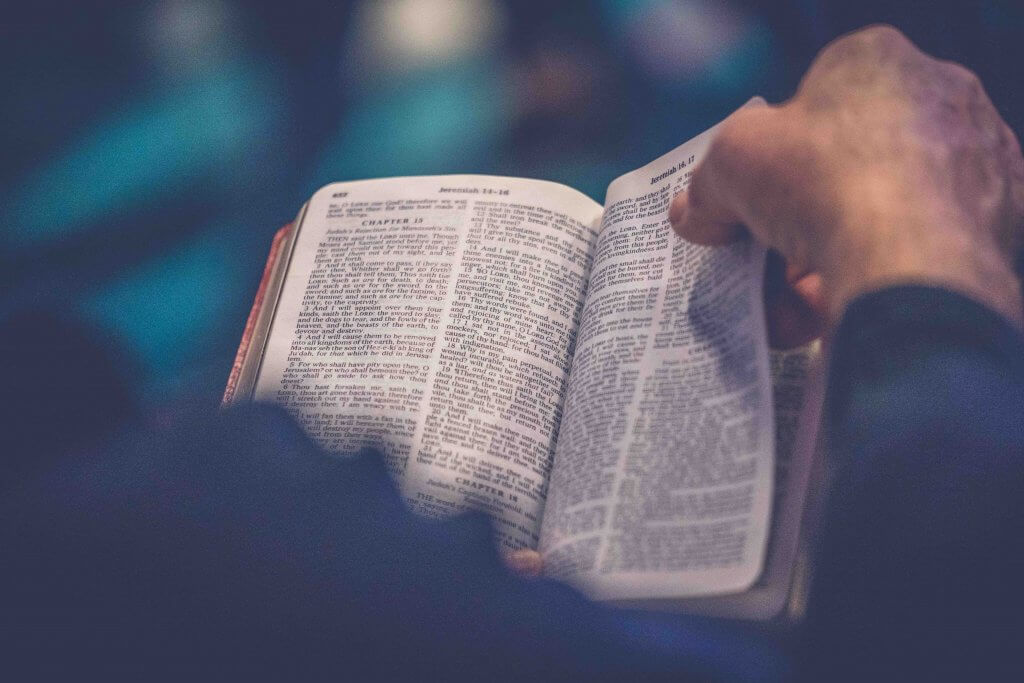Hilliard School in Ohio Considers Off-Site Religious Programming for Students
May 27th, 2022

The Bible education facility, LifeWise Academy, recently requested that Hilliard City Schools adopt a measure that lets students choose off-site facilities to receive religious programming. Some of the school board’s members do not condone the change. The district lacks a policy, even though the school board can implement one. Other nearby school districts including Upper Arlington, Ghana Jefferson, New Albany, Worthington, and Westerville already have measures in place.
Response to the Religious Programming Proposal
One mother of four children who attend the school informed board members that over 500 individuals have signed petitions in support of establishing religious programming for students. The mother also stated that the nearby Veritas Community Church and the nearby J.W. Reason Elementary School would act as perfect locations for such a pilot program.
Another parent stated that Hilliard City School should adopt a policy so parents have a method to provide their children with religious instruction without making them participate in religious school.
Another parent commented that letting children pursue religious study off campus would offer “character” development and let children “improve” in all aspects. Lifewise Academy provided a statement in recognition of these requests. The Academy expressed hope that the Hilliard schools will implement a released time religion policy similar to many other Ohio school districts. The Academy commented that making this switch would give parents in Hilliard the chance to seek an opportunity to incorporate a routine religious class for children through programs like LifeWise. This statement refers to Lifewise as a “Bible-based” program.
Currently, 60% of Ohio school districts have released time religious policies.
Pushback Against the Proposed Changes
The principal of Scioto-Darby Elementary School worried about the message it would send to teachers of courses including art and music that their programming is not important enough to be required, since parents could opt to pull their students from these courses to attend religious programming instead.
A school district board member stated the implementation of such as program would be a “non-starter” and commented, “I have nothing against religion but it should be before or after (the academic day).” He said transportation would also be difficult.
The Law Behind These Programs
Ohio school districts can offer the option of released time for religious programming. This ruling comes from the 1948 U.S. Supreme Court case of McCollum v. Board of Education as well as the US case of Zorach v. Clauson in 1952. In McCollum, the court held that the use of public facilities by a religious organization to give religious instruction to school children violates the First Amendment’s Establishment clause. The Zorach case found that released time programs are justifiable provided the institution occurs away from school camp for an hour a week and without public funding of any kind.
At a glance, this case meets most of these standards. The LifeWise website states that it is funded by private donations and no additional cost is accrued by the school or involved families. Additionally, LifeWise recruits staff from its LifeWise support center. LifeWise was founded in 2018 as part of Stand for Truth, a ministry focused on reaching public school students.
If the measure is implemented, Ohio laws state that Ohio is prohibited from missing “core” instructions including times when students might decide to leave buildings for religious activity.
The Goal of the Universal Life Church’s Blog
The required separation between church and state originates in the United States constitution, but each year various cases test the boundary of these rights. By reading the Universal Life Church’s blog, you can stay up to date with these cases.


